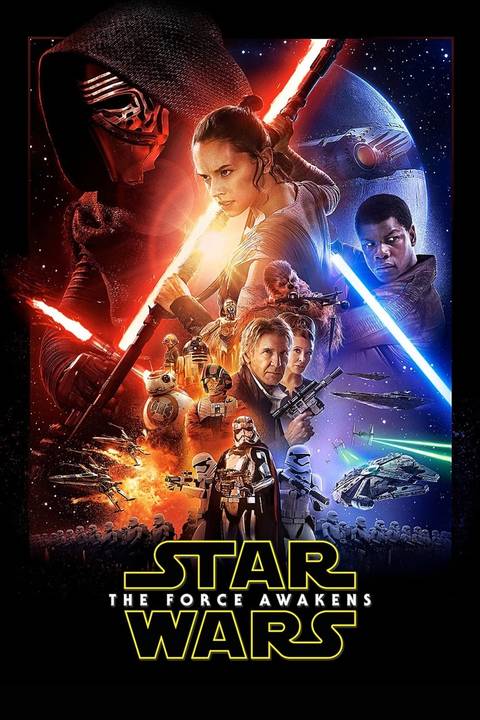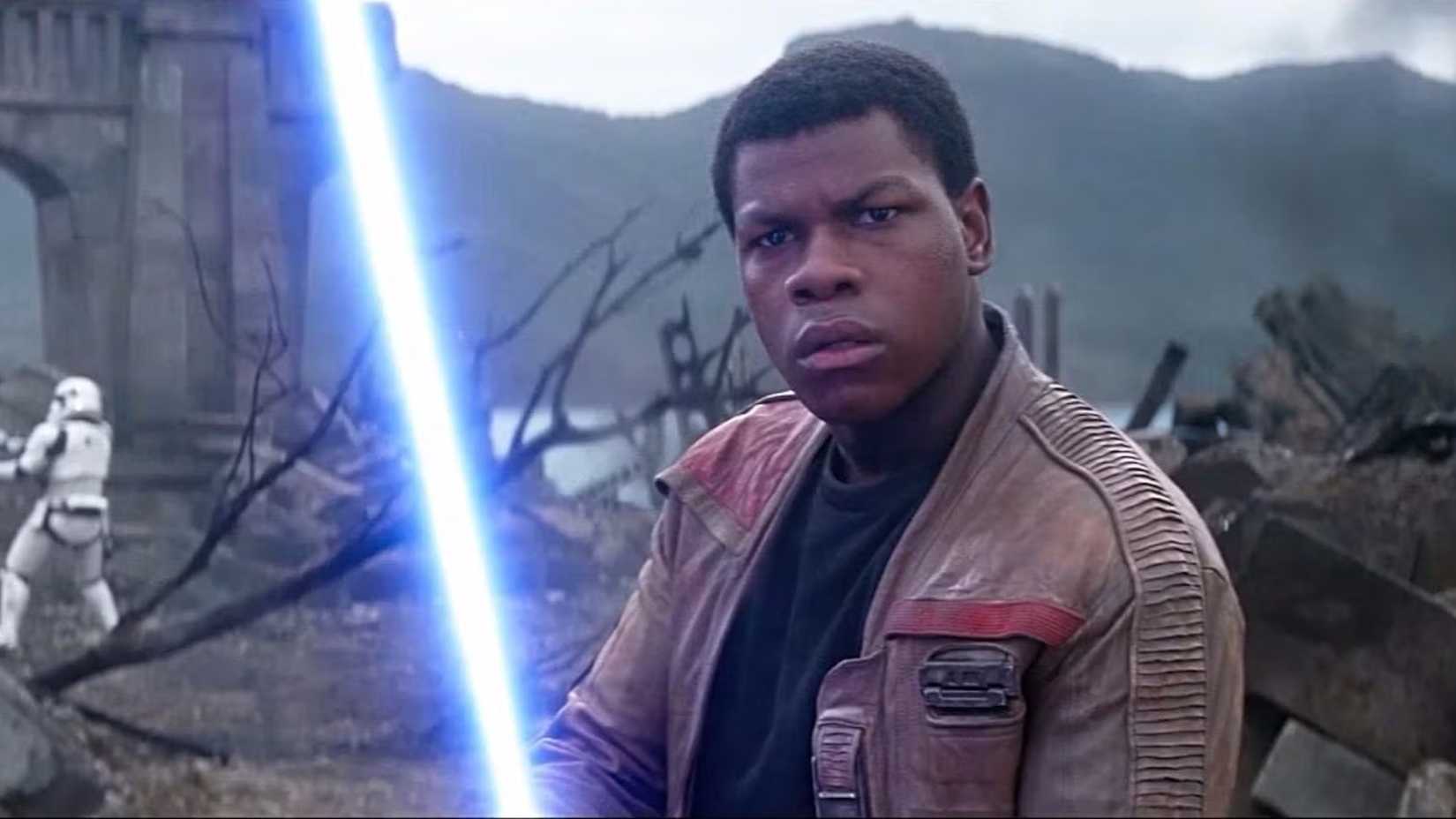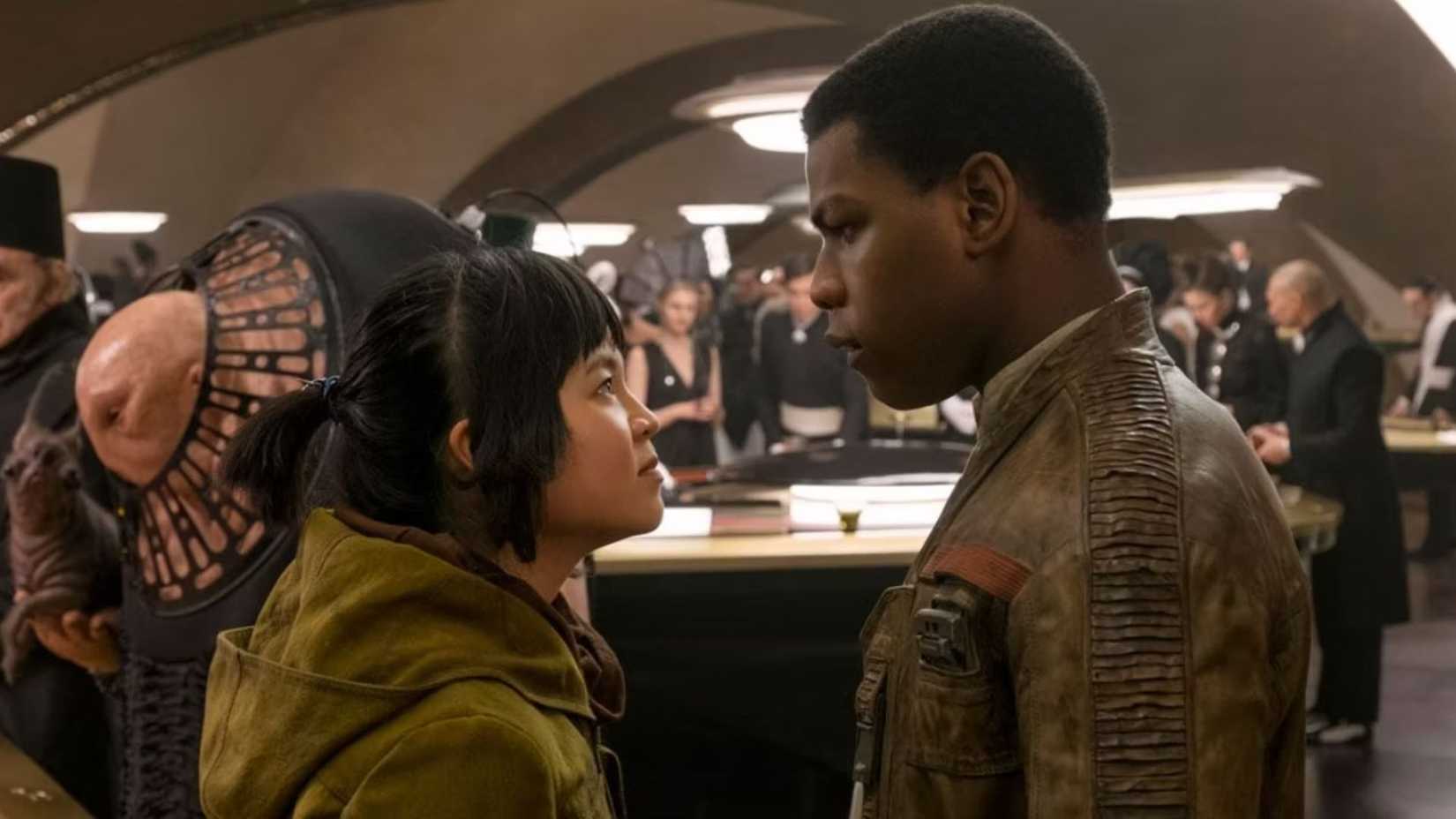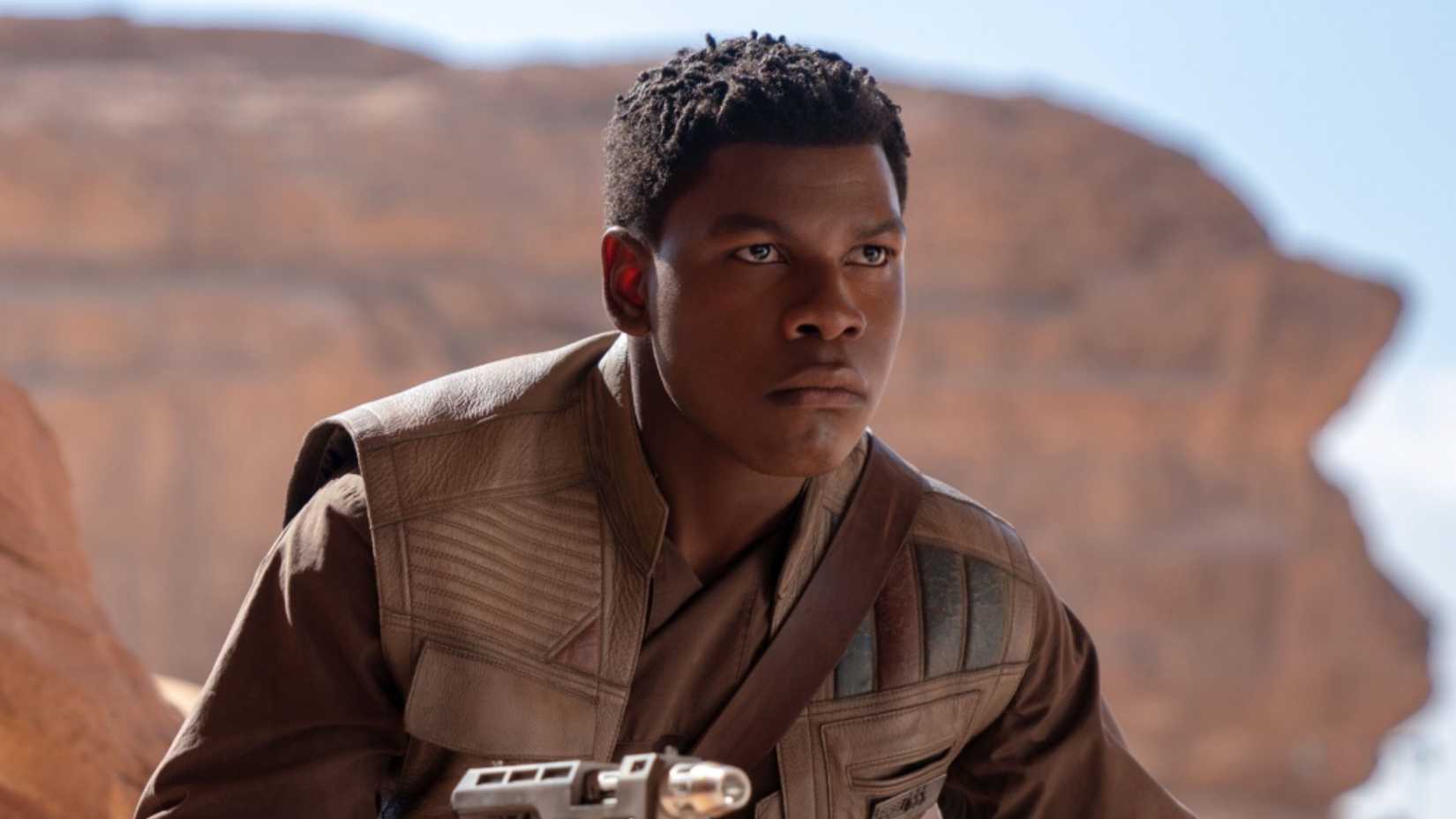The Star Wars sequel trilogy is a topic that sparks lively discussion. Despite each film earning over $1 billion, with both The Force Awakens and The Last Jedi being the highest-grossing films of their respective years, the trilogy is divisive among fans. Just like the Star Wars prequels, it has generated a great deal of negativity that, in time, will undoubtedly give way to positive reappraisal as the years go on and the kids who saw the sequel trilogy in theaters come of age. That is already starting to happen as The Force Awakens approaches its 10th anniversary.
The Star Wars sequel trilogy is an important part of the franchise’s history and introduced a host of great new characters. After The Force Awakens, audiences were as invested in the new heroes and villains as in the returning characters. Yet as the franchise went on, one fantastic character was greatly underserved: Finn. Of all the sequel trilogy characters, Finn feels like the biggest missed opportunity. This has nothing to do with John Boyega, who gave a great performance. If anything, it was the scripts and marketing that let him down.
An Understandable Frustration for ‘Star Wars’ Fans
Part of the frustration many fans have regarding Finn is how it felt like Disney misled the audience. For much of The Force Awakens‘ marketing, Finn seemed to be positioned as the central protagonist. He was the one in the marketing who wielded the iconic blue lightsaber, leading many to think he would be the central Jedi of the franchise. Centering the new Star Wars franchise on a Black male character and making him a Jedi was a big move that excited many audiences to see themselves on screen.
However, all of that was a misdirection leading to the reveal that Rey, played by then newcomer Daisy Ridley, was actually the lead character and the central Force user of this new trilogy. Now part of that was clever misdirection, as it played on the audience’s gender-bias to assume that the one new female character would be the “new Leia” when, in fact, she was the Luke Skywalker stand-in for this new trilogy. A female Jedi protagonist was also a big deal, so much so that some fans still complain to this day that by doing so, Star Wars became a “girl brand.”
For as great a character as Rey is, and also centering Star Wars on a female Jedi is a big deal in its own right, it is understandable that a good number of audiences were disappointed to see a Black male hyped up only to be put to the side. It certainly made it look like Disney was trying to earn points for diversity and socially conscious casting when they still sidelined a person of color for a white character. Maybe if Disney and Lucasfilm hadn’t done the misdirection and, from the get-go, let audiences know Rey was the Jedi character and Finn had a different storyline, there wouldn’t be as much disappointment (though likely still some). Because audiences felt tricked about Finn’s place in the story, the sequel trilogy had to work extra hard to make up for it. Sadly, it never quite delivered.
Finn’s Storyline in the ‘Star Wars’ Sequel Trilogy Shows Promise
For the first two films, The Force Awakens and The Last Jedi, Finn has a solid arc for his character. Yet The Rise of Skywalker truly drops the ball. When audiences meet Finn in The Force Awakens, he is a Stormtrooper who snaps out of the conditioning he has been raised in when he sees one of his fellow squad mates shot and killed. Finn flees the First Order and spends most of the movie in survival mode, trying to serve his own self-interest and get away from the First Order. He does show a heroic side by the film’s end, but it is less motivated by ideology and more by a personal connection to someone else.
Finn’s storyline in The Last Jedi is an interesting one. Because the movie picks up in the immediate aftermath of The Force Awakens, unlike the time jumps in The Empire Strikes Back or Attack of the Clones, Finn’s arc is immediately tied to his decision in the prior film. While audiences might have expected him to be similar to Han Solo at the start of The Empire Strikes Back, The Last Jedi picks up on the notion of Finn wanting to escape the First Order and get far away from any conflict. This makes sense, as his action to save Rey in The Force Awakens was less motivated by a belief in the Resistance and more by his desire to save someone he cared for. The Last Jedi arc for Finn was all about him realizing the conflict is so big that he can’t be apathetic to it. He needs to take a stand. This is a solid arc for the next film to carry over. Yet, The Rise of Skywalker fails to deliver on that promise.
In both The Force Awakens and The Last Jedi, Rey and Finn can fairly be described as the two leads and drive much of the main plot of those two films. Yet because The Rise of Skywalker decides to reveal Rey as a Palpatine, the movie primarily focuses on her. This not only means most of the movie’s bad creative decisions (undermining Rey’s nobody reveal from the previous film, the fetch quest to find Palpatine) hurt Rey as a character, but also that the emphasis comes at the cost of the other characters’ development, mainly Finn.
What Finn’s Storyline Could Have Been
Given that J.J. Abrams, the person who created Finn, was returning to direct The Rise of Skywalker, one would expect him to possibly pay off the biggest dangling thread for The Force Awakens: his status as a former Stormtrooper. Finn was the first time the franchise humanized a Stormtrooper, revealing the person underneath the helmet and humanizing the faceless drone of soldiers that audiences have watched being mowed down for over four decades. With the shocking reveal that this new batch of Stormtroopers is not volunteers like the Empire’s but children who were abducted and conditioned to be weapons, it adds a whole dimension and moral complexity to the fight between the Resistance and the First Order. The First Order troopers were committing war crimes, but they did not know better and had been essentially brainwashed.
This was a radical new development that could have played out into an interesting arc for Finn. Finn, knowing what the Stormtroopers were going through, would he feel guilty killing Stormtroopers? Would he try to convince the Resistance movement to adopt non-lethal forms of engagement, such as setting their weapons to stun? Given that Poe Dameron, Finn’s best friend in the sequel trilogy, is the one who shot at Finn’s Stormtrooper companion, leading to Finn’s own awakening from the First Order control, is that possibly a form of conflict between the two? The Rise of Skywalker largely ignores these developments, missing an opportunity to continue themes introduced in The Force Awakens and The Last Jedi.
It felt like Finn’s storyline was supposed to culminate in him being a Spartacus-like figure, inspiring the Stormtroopers to break free from the First Order’s command and freeing them. This would have reduced the First Order’s army and demonstrated that without their foot soldiers, they would lack true power in the galaxy. It mirrors Rey’s story, as both rose from humble origins to become legendary figures who inspired others, just as the original trilogy’s heroes did.
While The Rise of Skywalker makes a slight gesture to the idea of Finn as an inspiration to his fellow Stormtroopers through the character of Jannah, this is really all that is given. Finn’s big storyline in The Rise of Skywalker is about wanting to tell Rey something, but the movie never actually answers it. The reveal is supposed to be that he is Force sensitive, which feels like a half-hearted attempt to appease fans disappointed that Finn wasn’t a Jedi. If he was going to be Force sensitive, make that part of the story and let him and Rey stand as Jedi together. They couldn’t settle on what to do with Finn and gave him little hints of both plotlines, sacrificing the potentially interesting arc set up for him to give him a half-baked story on both ends that feels unsatisfying.
Finn was a character who deserved better, and his arc is emblematic of some of the worst traits of the sequel trilogy. It wasn’t that they didn’t have a plan; organically, they seemed to find an interesting path for his character. The problem was a fear of committing to one idea and constantly second-guessing every decision due to potential fan backlash. Finn deserved better than what The Rise of Skywalker, and by extension the sequel trilogy, gave him.

- Release Date
-
December 18, 2015
- Runtime
-
136 minutes



